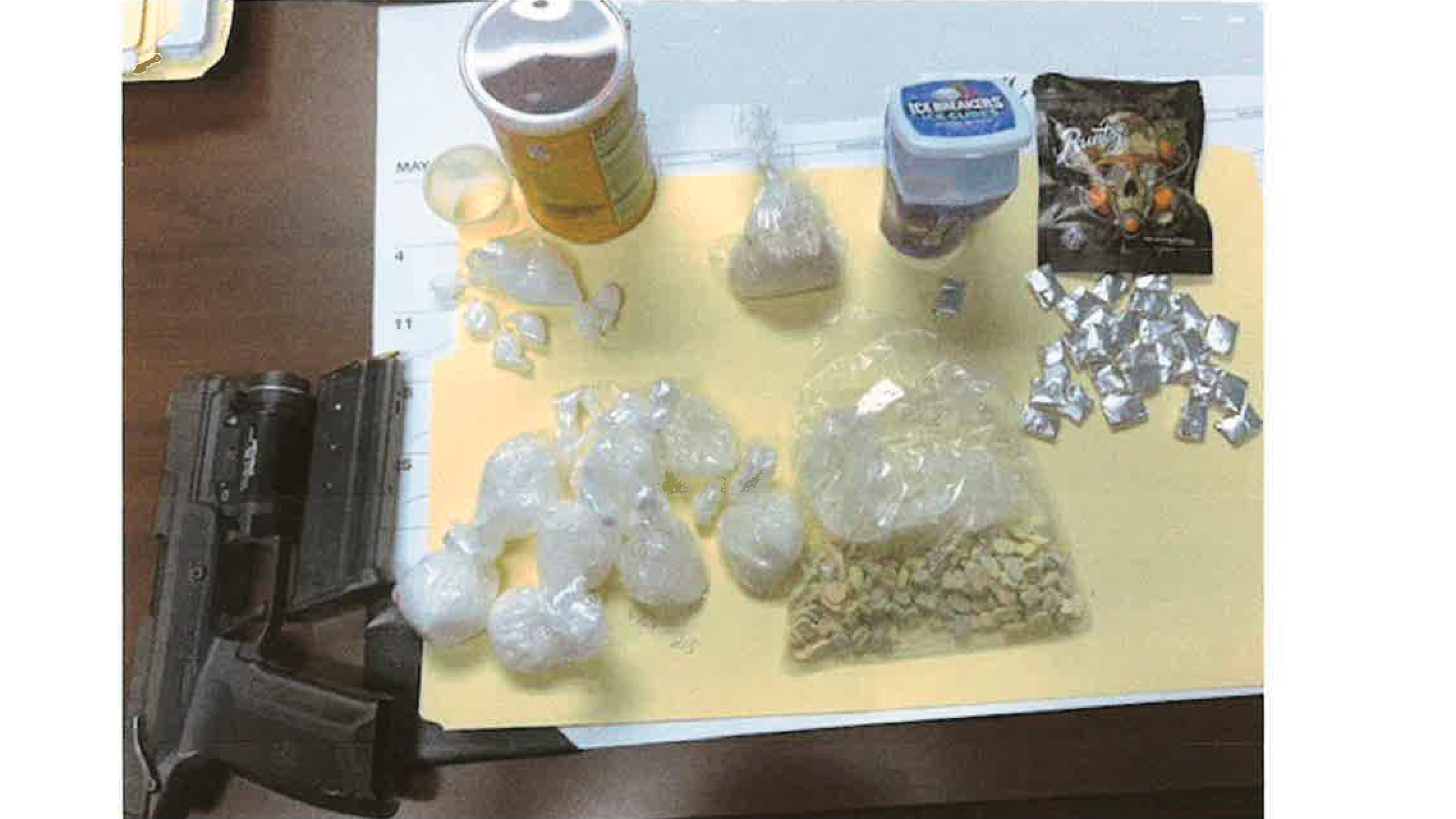Lawrence, Copiah OK touch screens
Published 5:00 am Tuesday, August 16, 2005
Lawrence County joined 44 other Mississippi counties Monday whenit opted into a plan by the secretary of state’s office to placeelectronic touch-screen voting machines at most votingprecincts.
Glenda Johnson, of the elections division in the secretary ofstate’s office, met with county officials to provide them anoverview of the machines.
“It was a very good meeting,” said Circuit Clerk Cindy Stokes.”These machines will produce a paper trail. That paper trail willresemble a grocery store receipt.”
However, she said, the paper trail will only be printed whenelection results are disputed.
Counties have until January to meet federal Help America VoteAct of 2002 requirements on voting machines and precinct houses.The act was designed to eliminate some of the election difficultiesthat plagued Florida during the 2000 election.
“It has to be done by law,” Stokes said. “We have no choice butto do this.”
Lynn Terry, purchase clerk for Copiah County, said supervisorsthere also opted into the program Monday and will receive 20 votingmachines.
Secretary of State Eric Clark made an agreement with DieboldElection Systems Inc. in June for a mass purchase of electronictouch-screen machines that can be used by people in wheelchairs andare equipped with audio instructions and headphones for blindpeople to vote without assistance. Counties have until Aug. 19 todecide whether to join the program or buy similar machines from adifferent manufacturer.
The federal government is paying 95 percent and the state ispaying 5 percent of the $15 million tab to buy the new machines andprovide training and support.
Supervisors had the option of either agreeing to Clark’s plan orpurchasing their own machines, which would still qualify for the 95percent federal money.
Lawrence County will receive 32 voting machines under a formuladevised by Clark’s office to provide one machine for every 190registered voters in the county.
However, with 26 precincts Stokes said the board of supervisorssuggested the county may need 60 machines to provide more than onemachine at each precinct plus a few back-up machines should onefail.
The board is considering purchasing 28 additional machines at acost of $3,500 each to meet that goal, she said. It would cost thecounty nearly $100,000 to do so.
The board showed no interest in consolidating or eliminatingvoting precincts, Stokes said.
Stokes added she does have some concerns about the new votingsystem.
“I am concerned about the machines,” she said. “I’m concernedabout the change for our voters and the whole situation.”
Stokes did not elaborate on our specific concerns.
The machines should help tabulate the votes more quickly,meaning election results will be known much earlier than with paperballots, she said.
Voters will be given a card to insert into the machine and,after voting, will return the card to the poll worker, who willclear it electronically for the next voter. Each machine will keepa running count of the votes on a separate card. That card willthen be tabulated with other cards in the precinct at the end ofthe voting day to complete precinct totals. Those totals will thenbe stored on a separate card and delivered to the central computerat the courthouse to tabulate the final results.
Election results should be known much sooner, Stokes said, “butI think for the first couple of elections it will slow down thevoting process while people learn what to do. I expect lines at thevoting precincts.”
Calls to Franklin County voting officials this morning were notimmediately returned.




